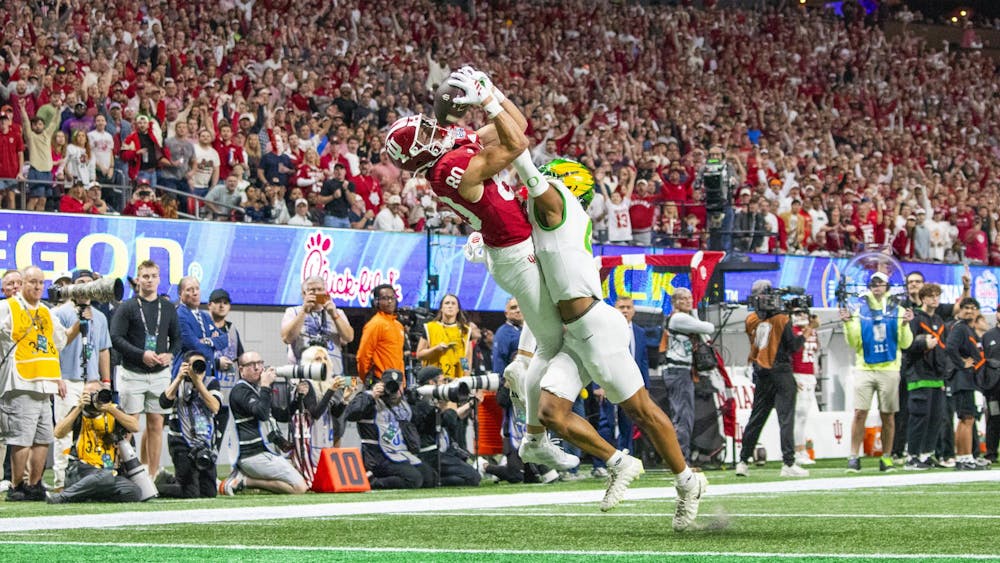SpaceX CEO Elon Musk told the press Monday two people had contacted the private space exploration technology company and paid for a private trip around the moon and back. The trip would take the travelers 300,000 miles or more into space. If SpaceX is able to complete the mission it will become the first private company to send people to the moon.
Constantine Deliyannis, IU astronomy and astrophysics professor, has followed the progress of space exploration since the moon landings.
“Anything NASA does not have to do is wonderful,” he said. “They are even cooperating with SpaceX, which is phenomenal. If they can pull it off, maybe space travel and exploration will happen more often and be more cost effective than in recent years, and by recent years I mean the last 45 years.”
Deliyannis said right now progress is slow and very expensive. The technology for Mars missions and further exploration already exists, but the funding is lacking.
“Having private companies come in and add resources will hopefully make it more cost-effective and safe,” he said. “If SpaceX can pull it off, I will be the first to applaud.”
When NASA was preparing for the moon landings it tested every step, Deliyannis said. Of course, NASA made some mistakes, but SpaceX does not seem to be making the same errors, Deliyannis said. SpaceX is testing their engine this summer.
“Then again they do not need to launch two rockets, and they don’t intend to land,” he said.
Deliyannis said it was possible he was worrying for no reason and SpaceX probably had everything under control. He demonstrated the likely flight path the mission would take around the moon and said it would probably make a figure eight flight out to pass as close to the moon as possible.
“There will always be people who are interested in tourism,” Deliyannis said. “Future missions will hopefully fulfill productive and scientific goals.”
He said there were plans for bringing asteroids to Earth and mining them, but his idea for utilizing space’s resources is closer to home.
“We have discovered there may be frozen water on the moon,” Deliyannis said. “We could harvest the water on the moon and separate it into hydrogen and oxygen, which can then be used as rocket fuel. That way we could go farther into space without having to bring along the extra fuel, which is heavy and expensive.”






